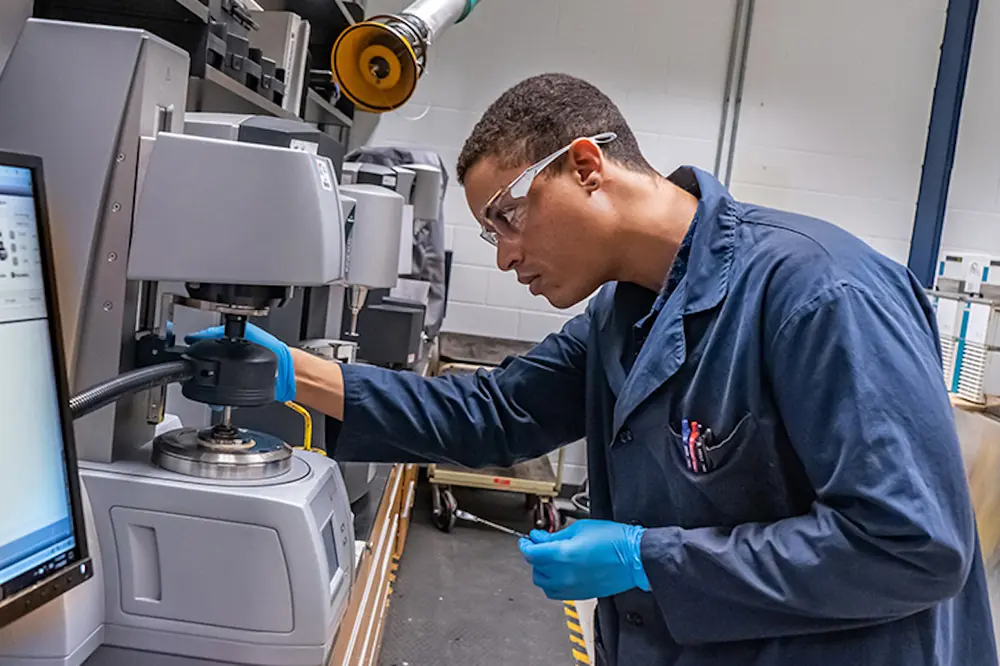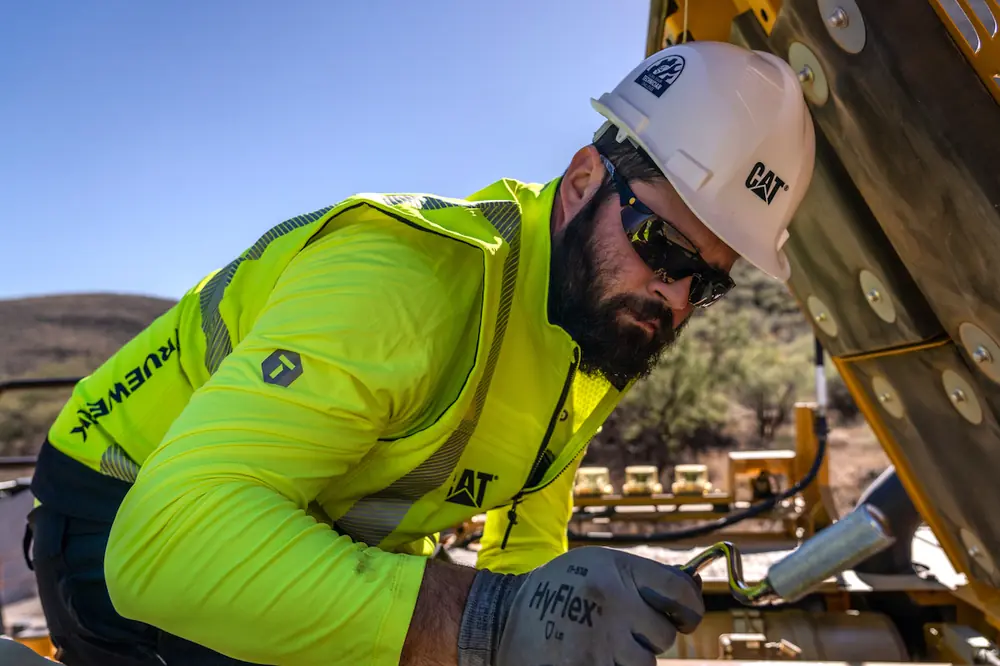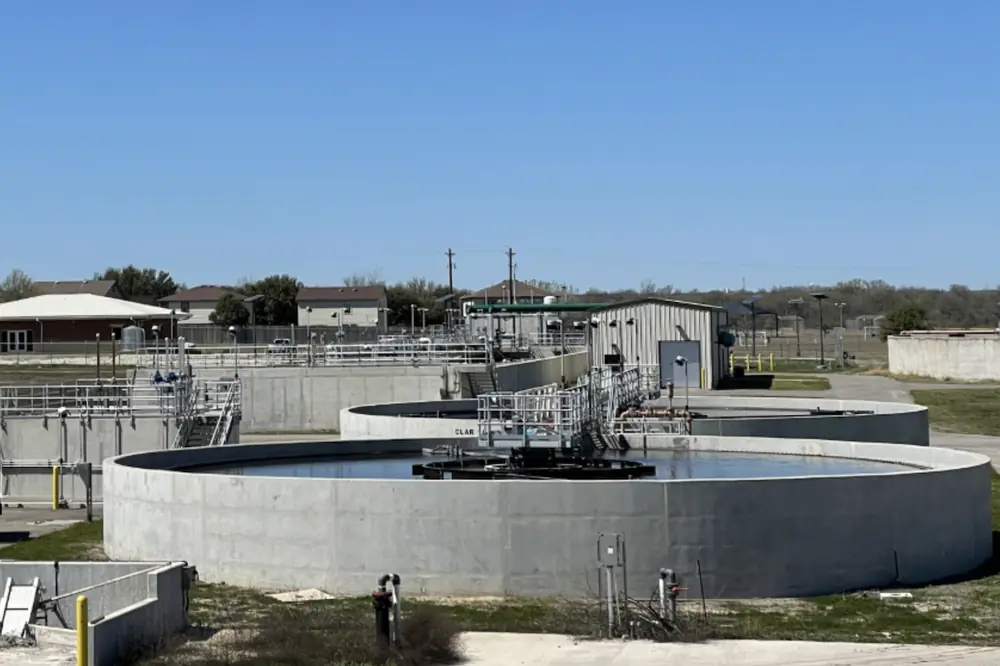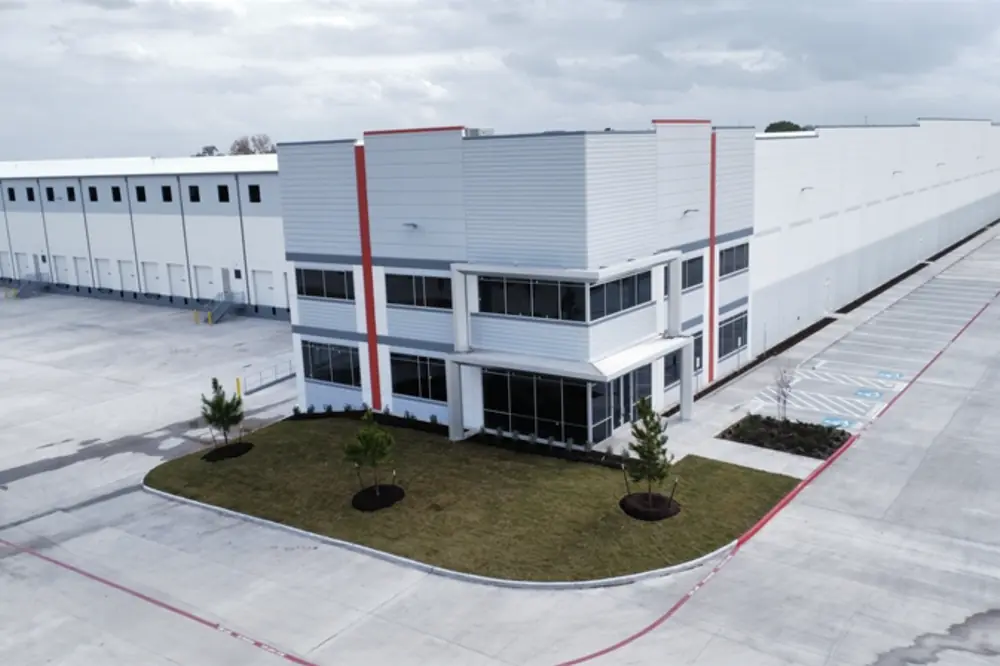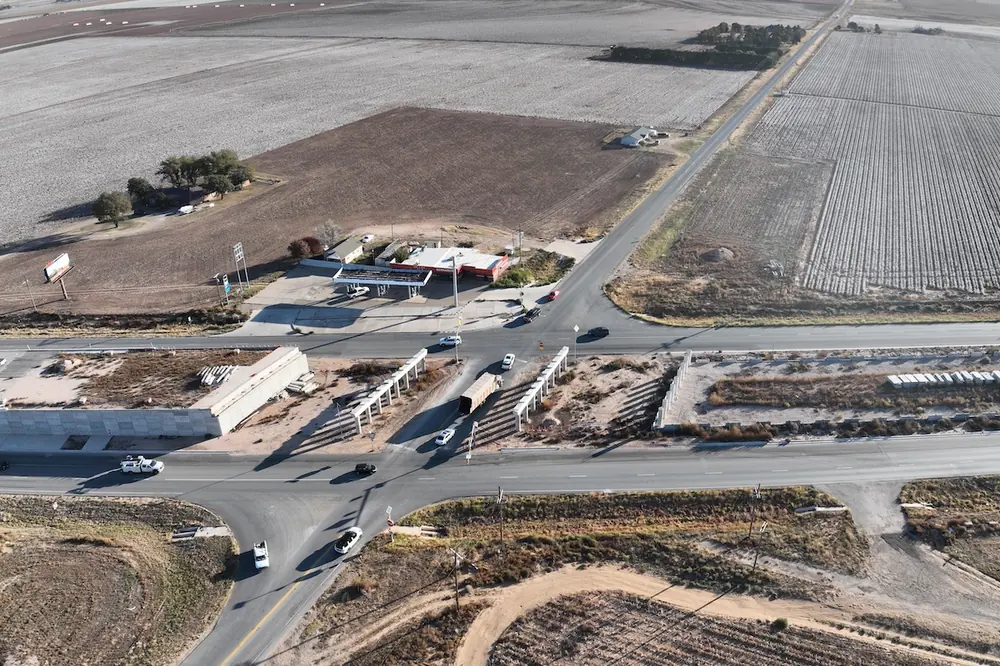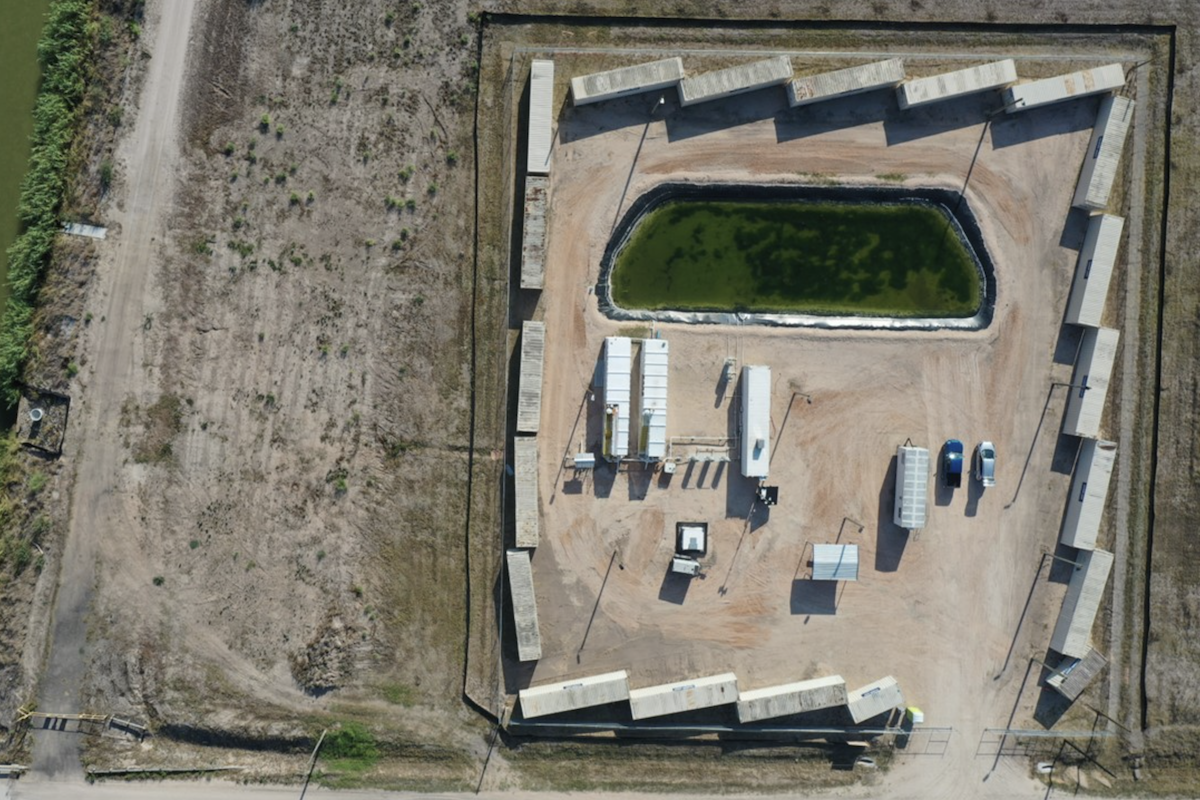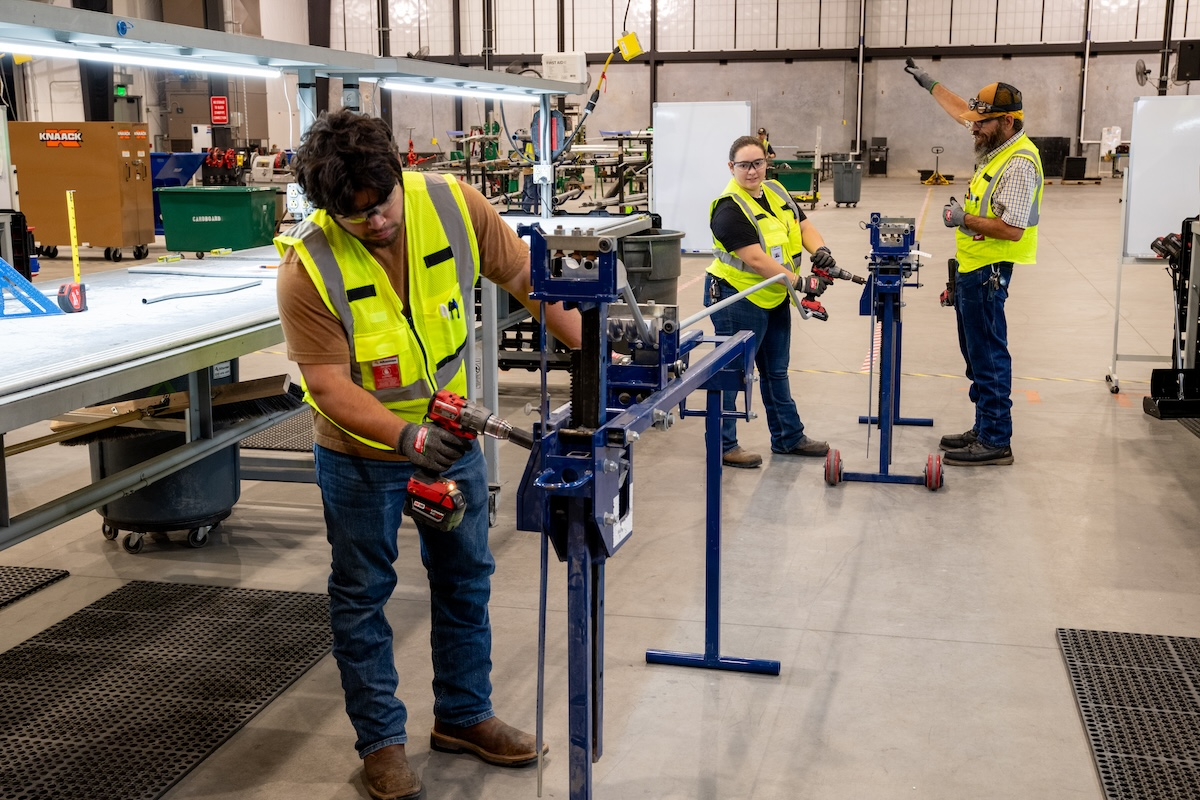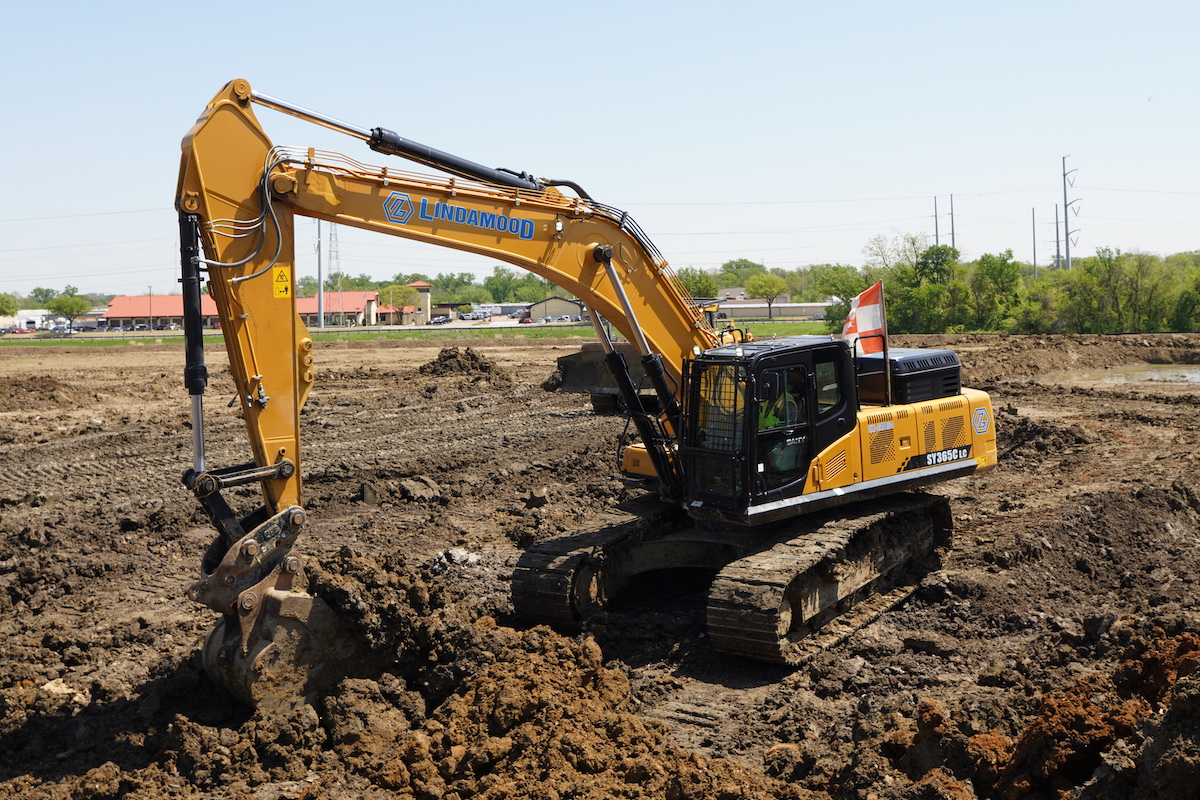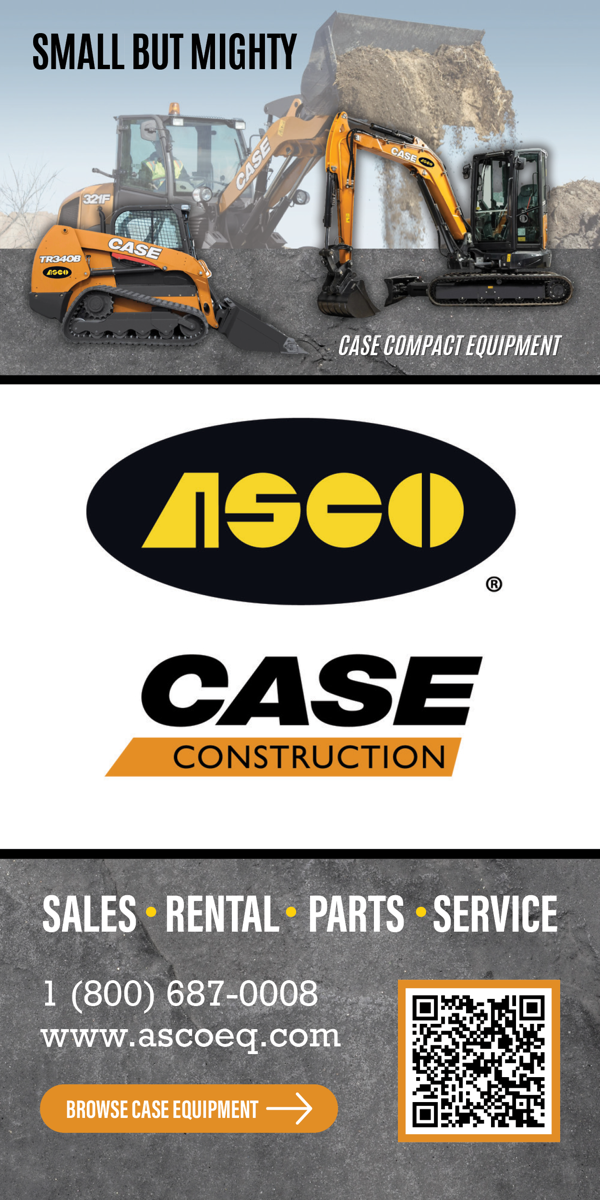Selecting the right portable air compressor might feel daunting with so many options and factors to weigh. Whether you’re looking to power up tools on a busy job site, ensure your equipment runs smoothly in tough conditions, or meet stringent environmental standards, these six tips can make the decision easier.
First things first: Understand your project and application demands.
How much air flow do you need (cubic feet per minute or cubic meter per second) and at what pressure (PSI or BAR)? These two factors are crucial to determining whether the portable air compressor can adequately power your tools and equipment.
In addition, demands can fluctuate, making a portable air compressor that can easily adjust its pressure settings a game-changer. Why settle for multiple units when one can do it all?
Whether you’re handling multiple tools or just need flexibility, the right compressor should fit seamlessly into your workflow, no matter the demands. A unit that allows for easy adjustments to its pressure output is more versatile, and thus more cost-effective in the long run.

| Your local JCB North America dealer |
|---|
| Monk JCB |
| BOSS JCB |
| ASCO Equipment |
| South Star JCB/Meinecke |
| Monk JCB |
| BOSS JCB |
| ASCO Equipment |
| South Star JCB/Meinecke |
Air quality is another critical — yet often overlooked — factor, particularly in applications where the purity of air directly affects the quality of the final product.
For instance, in abrasive blasting or pipeline cleaning, even minor impurities like moisture, dust particles, or excessive heat in the compressed air can cause significant issues, leading to downtime via equipment damage and a poor project outcome.
Opt for portable air compressors with high-quality air treatment accessories like filters and aftercoolers. These features help remove contaminants and reduce air temperature, protecting your equipment and ensuring your work remains (literally) spotless.
If your application is particularly sensitive, such as in food processing or pharmaceuticals, investing in advanced air treatment capabilities is non-negotiable.

| Your local Yanmar dealer |
|---|
| CLM Equipment Co |
| WPI |
| CLM Equipment Co |
| WPI |
From scorching deserts to icy mountains, your portable air compressor needs to be ready for tough conditions. Depending on your needs, look for rugged machines designed for extreme temperatures, dusty environments, high humidity, or high altitudes.
Reliable filters are crucial in dusty settings, while temperature extremes require robust designs to prevent efficiency loss and increased wear and tear. Moisture control further prevents rust, corrosion, and damage to sensitive components.
Spare a thought for maneuverability, too — especially if you work in tight spots or difficult-to-reach areas. The right compressor should be easy to move and compact enough to fit where you need it.
In today’s regulatory environment, emissions and noise levels are crucial considerations, especially in urban or eco-sensitive zones.

| Your local Trimble Construction Division dealer |
|---|
| SITECH SE Texas |
| SITECH Tejas |
| SITECH SE Texas |
| SITECH Tejas |
If your work site is subject to strict environmental regulations, consider electric or battery-driven portable air compressors. These models produce no localized emissions and are much quieter than diesel-powered units.
Noise pollution is another significant consideration, especially in residential areas or other noise-sensitive environments. Compressors with noise-reduction features, such as soundproofing or low-noise operation modes, can help you comply with local noise ordinances and create a safer, more comfortable work environment for operators and nearby residents.
One of the main advantages of portable air compressors is their mobility, but how they are transported and how often they are moved can influence your choice.
Will you be lifting it onto trucks regularly? Then you’ll want a model with a central balanced lifting beam. Will you move it often on the road? Then a robust, reliable towing bar is needed to prevent accidents and ensure safe handling.

| Your local ASV dealer |
|---|
| CLM Equipment Co |
| CLM Equipment Co |
The portable air compressor’s dimensions and weight are also important considerations, especially if you need to transport multiple units. Lighter, compact models reduce costs and are easier to maneuver. If towing, check local legal requirements.
Even the best portable air compressors require maintenance, so the availability and quality of the service network are crucial to ensuring that your mobile air compressor remains productive with minimal downtime.
Opt for a brand that offers extensive service coverage and quick response times. Access to certified technicians and genuine parts can make all the difference in repairs and maintenance, ensuring your operations continue smoothly.
If your business operates in multiple locations or remote areas, choose a compressor brand with a service network that has wide geographic coverage to guarantee timely and effective support, no matter where your job site is located.















